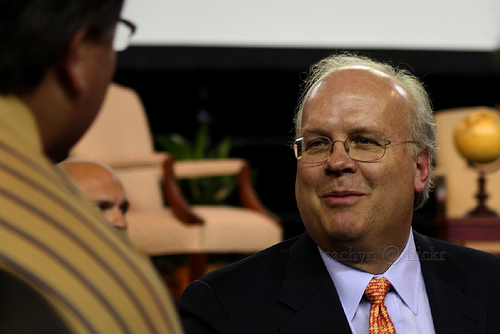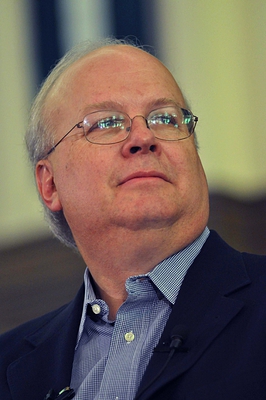
<a href="http://www.flickr.com/photos/walkadog/4336478992/in/photostream">Beverly & Pack/Flickr
Tax-exempt 501(c)(4) organizations, named for the part of the tax code they’re organized under, have been around (PDF) for nearly a century. But it wasn’t until the 2010 elections that these shadowy outfits fully arrived on the political scene, spending tens of millions to influence House and Senate races throughout the country. They’re the epitome of dark money, hiding their donors and much of their spending totals, and as iWatch News‘ Peter Stone reports, they’re flirting closely with violating the tax status that lets them remain in the shadows.
As so-called social welfare organizations, 501(c)(4)s such as the Karl Rove-inspired Crossroads GPS and the American Action Network, run by former Sen. Norm Coleman, can by law engage in politicking “so long as that is not its primary activity,” according to the Internal Revenue Service. Now, a fight is brewing between advocates for more transparency and campaign finance reform over whether (c)(4) groups are abiding by the law—or use most of their firepower on politics but passing it off as “issue-based advocacy” to stay within the law’s boundaries.
Here’s a sampling of Crossroads GPS’ TV ads. You judge if they’re “issue” ads or not. Advocates have repeatedly claimed that 501(c)(4)s’ “issue ads” are actually political, and have demanded that the IRS investigate both left- and right-leaning 501(c)4s for violating their tax status. There has been no public indication that’s happening. However, as Stone reports, that doesn’t mean there isn’t a chance such investigation could be on the way. Here’s Stone looking at Coleman’s American Action Network, which spent almost $30 million last election cycle:
Former Sen. Norman Coleman, who chairs the network, told iWatch News his organization “followed the law” in spending its almost $30 million.
Justifying their spending, Coleman’s group further said that $20.4 million went to broadcast ads close to the elections—officially called “electioneering communications”—that mentioned candidates’ names but didn’t recommend a vote for or against the candidate. These ads mostly “urged center-right action on issues” before Congress, the group said. The remaining $5.7 million was spent on ads that directly called for the election or defeat of candidates.
“Not all electioneering communications are candidate advocacy under the campaign finance or tax laws,” network president Brian Walsh said.
However, some veteran tax experts say the group’s status with the IRS could be in jeopardy. “If over 80 percent of a group’s expenditures are for political purposes that require reporting to the FEC, then that organization will not qualify for tax-exempt status under section 501(c)(4),” Marc Owens, who was director of the IRS exempt organizations division for a decade, told iWatch News.
“They’re saying they can dress up electioneering communications that they’ve reported to the FEC as a lobbying message, and have the IRS view that with blinders.”
Stone’s full piece on 501(c)4s is well worth the read, as these murky groups are expected to raise and spend even more money in the 2012 elections.















